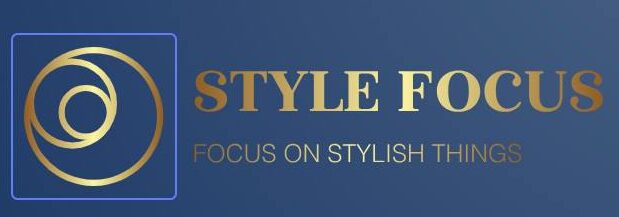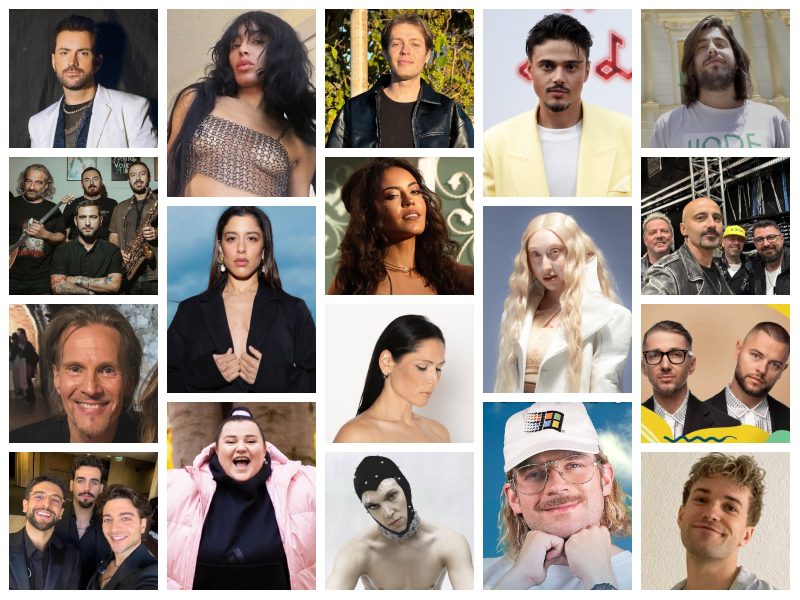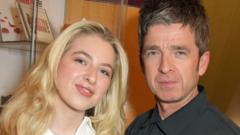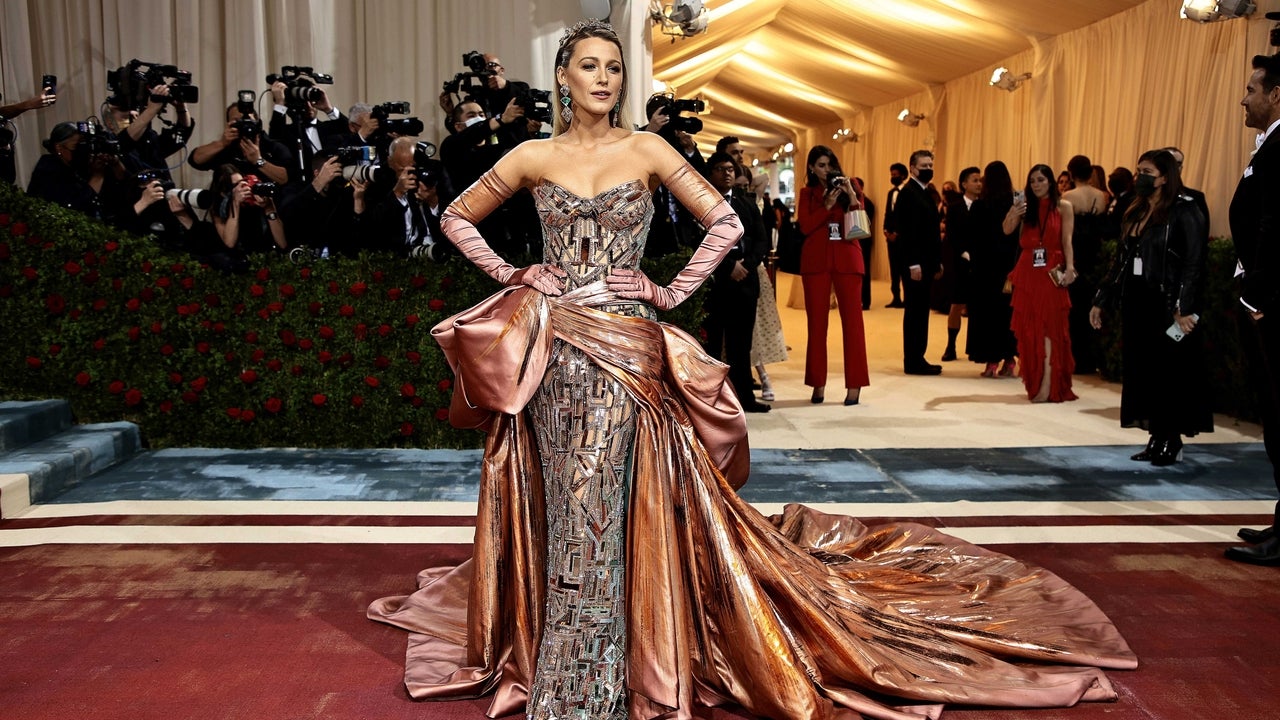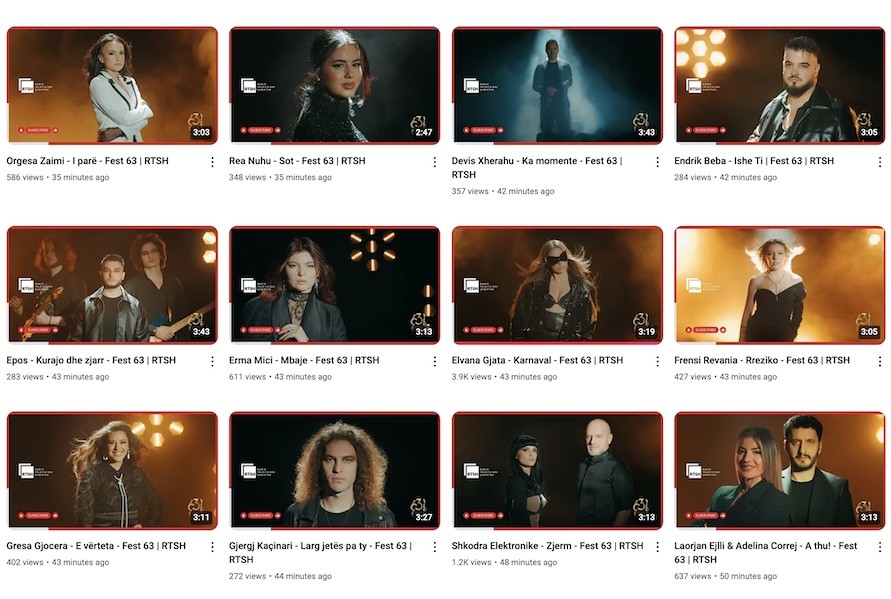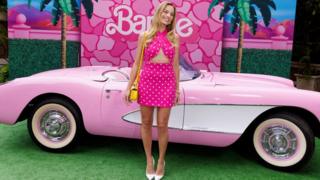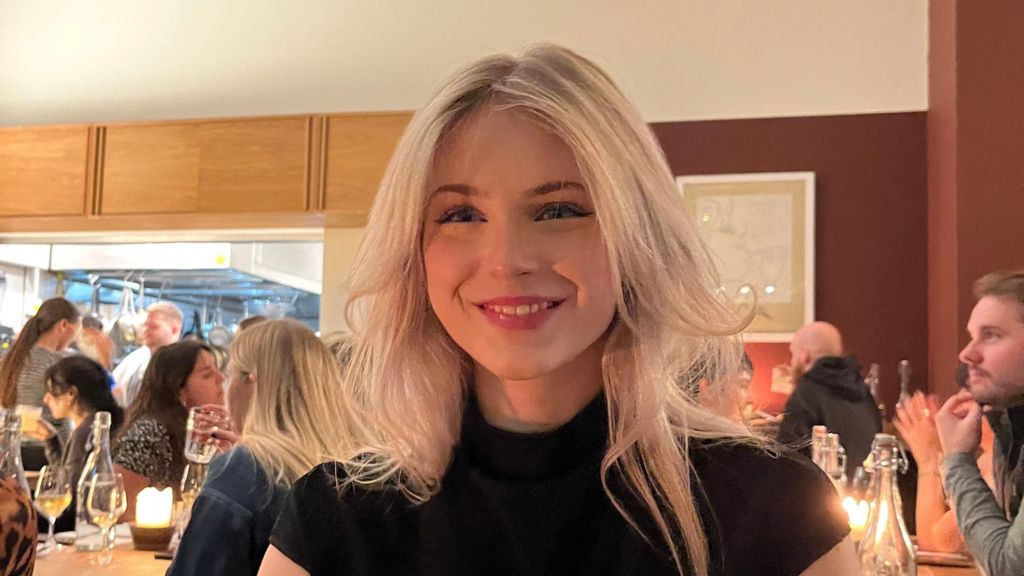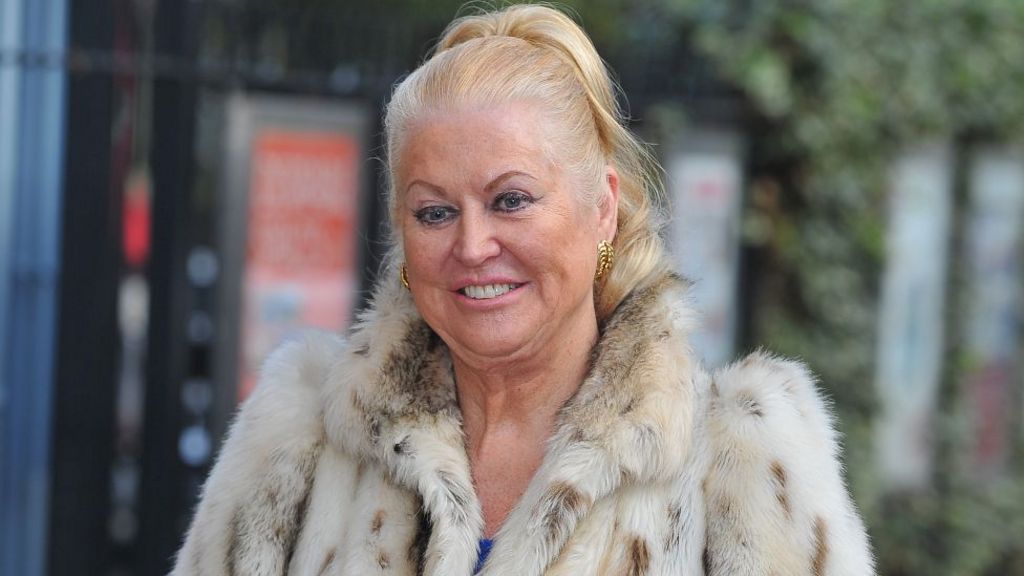Germany is gearing up to select its representative for Eurovision 2025, which will take place in Basel next spring. The country will hold a national selection event called Chefsache ESC 2025. This year, renowned German television host and producer (and former Eurovision contestant) Stefan Raab is playing a key role in organising the selection.
With just a week to go until submissions for the selection close, here’s a look at everything we know so far about the show, and one of the songs that has been entered into the contest.
Chefsache ESC 2025
Germany is once again preparing to select its Eurovision representative through a national selection, a method they have favoured over the years. While previous editions have used different names — such as Unser Song, Unser Lied, Germany 12 Points or Das deutsche Finale, all held at Studio Berlin Adlershof — this year’s selection brings a fresh approach and a new location. The 2025 national selection, titled Chefsache ESC 2025 – Wer singt für Deutschland? (Top Priority ESC 2025 – Who Will Sing for Germany?), will take place in Hürth, near Cologne.
This revamped selection is a collaborative effort between German broadcasters ARD and RTL, along with well-known TV host and producer Stefan Raab. The format includes three preliminary rounds, streamed on RTL, and a grand final broadcast on ARD, all during prime time. The preliminary rounds will rely solely on decisions from a professional jury, but in the grand final, the public will have the exclusive power to choose Germany’s Eurovision representative.
Returning as host is the beloved Barbara Schöneberger, who continues her longstanding association with Germany’s national selection.

The format of Chefsache ESC 2025
Germany’s Chefsache ESC 2025 – Wer singt für Deutschland? promises an exciting competition this year, with 24 acts competing for the chance to represent the country at Eurovision. The lineup will include a mix of solo artists and bands, showcasing both established artists and rising stars. The selection aims to highlight performers’ abilities across live singing but also stage presence.
Artists have the opportunity to apply until 28 November 2024, via Raab’s casting platform, raab-casting.de. Those selected will also appear on Stefan Raab’s show, Du gewinnst hier nicht die Million bei Stefan Raab (You Won’t Win the Million Here by Stefan Raab), streamed on RTL+. The pre-casting stage will feature an expert panel consisting of representatives from Raab Entertainment, ARD, and RTL, who will narrow down the candidates to the final 24.
Once chosen, the 24 acts will compete in the following structure:
-
First Two Shows:
- Each show will feature 12 acts.
- 6–7 contestants from each show will advance to the semi-final.
-
Semi-Final:
- Up to 14 acts will compete.
- Approximately 9 acts will move on to the grand final.
-
Grand Final:
- The winner, determined exclusively by the audience, will represent Germany at Eurovision 2025.
All four shows will be performed live in Hürth, Cologne. The semi-final and final will air on Saturdays at 8:15 PM. While exact dates are yet to be confirmed, the preliminary schedule is as follows:
- First Two Shows: 14 & 15 February 2025
- Semi-Final: 22 February 2025
- Grand Final: 1 March 2025
The jury for the first three shows will be announced soon, and the voting procedures are being finalised. The grand final, however, will rely solely on the audience’s vote to determine Germany’s Eurovision representative.
Last year, Germany ended in 12th place, with “Always on The Run” by Isaak. Will Germany return to Top 10 this year?
Sandron submits entry to the preliminary round
Whilst we eagerly wait to hear about the competing artists and songs, we know of one artist who is already open about his submission for the preliminary round of the national selection.
Sandron has submitted the song “Galgen ruft” (Gallows Calls), his newest song released on 22 November. The song explores Sandron’s personal battle with depression, using dark, atmospheric sounds and vivid lyrics to convey his struggles. While the title and artwork may appear intense, the song aims to inspire courage and remind listeners they are not alone. Its message raises awareness about depression, encouraging understanding and breaking the societal taboo, so those affected feel supported in seeking help. Sandron hopes to break the societal taboo surrounding this topic, making it easier for those affected to seek help and understanding.
The song is a collaborative creation involving German producer Charlie en vogue, Swiss singer-songwriter Alessia Mathis, and Marcel Schicken. Charlie is also known for producing Đurđa’s “To ljubav je” (That’s Love), competing in Montenegro’s Montesong on 27 November. The team of composers meet at Rena Song Fest in Norway, the world’s largest songwriting camp. The camp, held from 27-30 June, featured notable names like Elsie Bay, Lasse Nymann, Citi Zēni, EMMY, and Oda Gondrosen.

About his collaboration with Sandron and the creative process of the song, Schicken declared:
“The connection to Sandron himself came through an ESC friend, Naathy. In a group chat where we were exchanging artist recommendations, she suggested I reach out to him. She had discovered his talent through his TikTok videos and was particularly impressed by his powerful live performances.
“Every songwriting session prioritises the artist. The process often starts with reviewing their previous work, analysing their style, and conducting a kind of creative ‘speed dating’ to ensure everyone involved understands the direction for the new song. Reference tracks are particularly useful, especially for newer artists, as they help identify the artist’s desired musical identity. For ‘Galgen ruft,’ you may notice subtle influences from Imagine Dragons, one of Sandron’s inspirations. The team also discussed the theme and narrative of the song extensively. From there, the session took its natural course, with brainstorming, collaborative input, and constructive criticism shaping the final product. Fortunately, this session had an excellent creative flow, which made the process smooth and productive.
“Now we’re all hoping — Sandron most of all — that this song marks the beginning of a long journey to the Eurovision stage. Most importantly, we hope the audience connects with the song, its lyrics, and the powerful message behind it.”
Who is Stefan Raab?
Stefan Raab has been an important figure in shaping Germany’s Eurovision legacy, contributing to some of the country’s most memorable successes. His involvement with Eurovision began in 1998 when he composed Germany’s entry, “Guildo hat euch lieb!” (Guildo Loves You), performed by Guildo Horn & Die Orthopädischen Strümpfe. The song achieved an impressive seventh place, marking a strong start to Raab’s Eurovision journey.
In 2000, Raab stepped onto the Eurovision stage himself with the eccentric and nonsensical track “Wadde hadde dudde da?”, earning Germany fifth place. Four years later, in 2004, he created and hosted the national selection that led to Max Mutzke’s selection with “Can’t Wait Until Tonight,” which secured eighth place in the contest.
Raab’s influence extended further in 2010 when he served as head juror for the national selection that chose “Satellite” by Lena Meyer-Landrut. Lena’s performance brought Germany its second-ever Eurovision victory, the first since Nicole’s win in 1982 with “Ein bißchen Frieden.” Raab and Lena’s collaboration continued in 2011, when Germany internally selected Lena to represent them again. That year, a national selection took place, featuring 12 songs performed solely by Lena, with Raab involved in the composition and production of several tracks. The winning song, “Taken By A Stranger,” placed tenth at Eurovision, and Raab also co-hosted the big show, held in Düsseldorf.
Although Raab announced he would step back from Eurovision-related projects after 2011, he returned in 2012 as a producer and jury member for the national selection. That year, Roman Lob’s “Standing Still” achieved an eighth-place.
Now, with Raab returning to the Eurovision sphere for Chefsache ESC 2025, fans are eagerly anticipating what his involvement will bring to Germany’s Eurovision future.
What do you think about Stefan Raab’s return? What are your hopes for Germany this year? Share your thoughts in the comments below.
